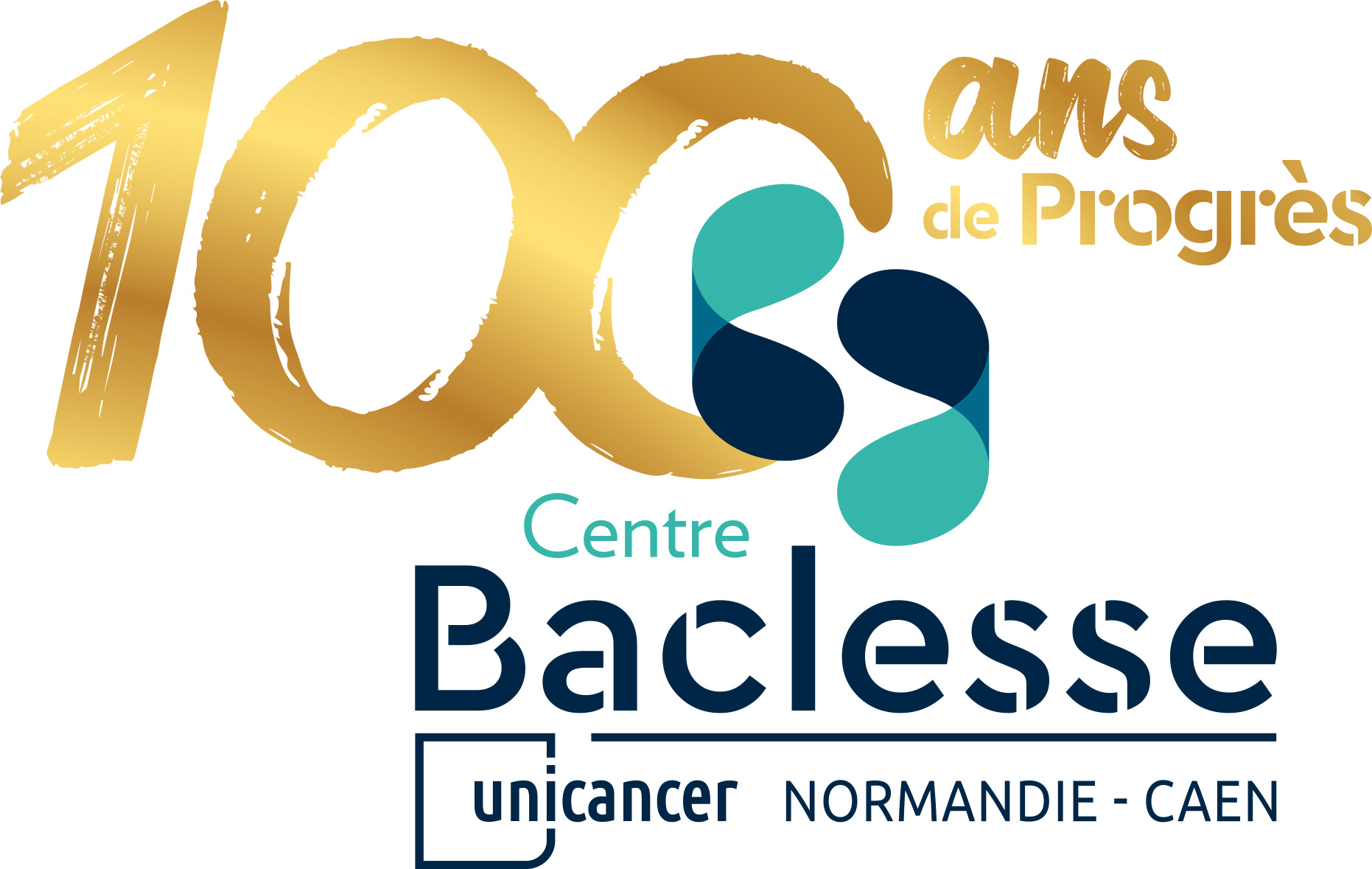Clinical trials are essential for advancing and improving cancer care and, consequently, patient care paths.
What is a clinical trial?
The aim of clinical trials is to evaluate new cancer treatment options or new cancer care modalities. Indeed, before proposing novel treatment solutions to appropriate patients, it is essential that we prove that any such treatment is efficient and well-tolerated.
Among these clinical trials, ‘therapeutic trials’ enable, in particular, the evaluation of:
- new medicines or medicinal associations (against disease or side effects), compared, in certain cases, to existing drugs
- new ways of administering medicinal drugs (tablets rather than injection for example)
- new treatment techniques (new surgical procedure or radiotherapy modality, for example)
Other clinical trials can focus on new diagnostic techniques (new biological tests, for example) or on prevention.
Why take part?
Patient participation in clinical trials represents an essential contribution towards discovering new treatment options and new strategies that may benefit a large number of cancer sufferers.
Advances in medicine, cancer treatment in particular, are the result of clinical research, via trials conducted with rigour and method, guaranteeing an excellent level of scientific proof.
Nevertheless, there are still many situations in which currently available therapies prove to be insufficient or uncertain. A great deal of progress remains to be made, equally in the quest for new treatment options and in the elaboration of new therapeutic strategies.
Ongoing clinical trials
You can consult the list of the clinical trials currently open for inclusions at the Centre François Baclesse on the OncoNormandie’s Archimaid website:
Early phase clinical trials
Early phase clinical trials represent the initial phase of development of new medicinal drugs, prior to their commercialisation. Hence, patients can benefit from access to promising innovative drugs that have not yet obtained marketing authorisation. A proposal to integrate an early phase trial equates to offering an alternative to patients who no longer respond to standard treatment or who suffer from a rare type of cancer.
At the Centre François Baclesse, the main early phase trials open to patients focus on:
- Trials for new medicinal drugs with varied mechanisms of action, including immunotherapy, targeted therapies, epigenetic drugs, nanoparticles, etc.
- Trials associating new medicinal drugs together or with radiotherapy
- Precision medicine trials for which a drug is based on an identified molecular alteration. These drugs can be in the form of targeted therapies or immunotherapy.
The INCa has been participating in the deployment of early phase trials in France since 2010 (logistic and financial support) via the creation of 16 certified INCa early phase centres (CLIP²). Since 2010, and for the third time running, our centre was awarded the CLIP2 ‘Certified Centre for Early Phase trials in adult oncology’ label, in 2019.
Specificity of care
Early phase clinical trials are conducted within a specialised unit, by dedicated carers and in a hospitalisation setting.
Indeed, for these clinical trials, patients benefit from close and rigorous monitoring. The aim is to guarantee their safety and to understand how their body, and the tumour, react to this new therapeutic strategy.
Health data – Scientific research
Within the framework of its missions for care, research and teaching, the Centre François Baclesse participates in scientific research in oncology in an aim to improve cancer prevention, screening and care.
Certain data, collected and generated during your healthcare or your follow-up, are likely to be used in order to conduct such cancer research, in a number of aims: health, epidemiological studies, description of therapeutic strategies, medico-economic evaluations, to improve access to therapies and for the purposes of teaching.
These data are used in a confidential manner and in total abidance with currently applicable rules and regulations, in particular the European rule No. 2016/679 pertaining to data protection (GRDP) and the French Law No. 78-17 dated 6 January 1978 on ‘Computer processing and Liberties’, since modified, in the public interest in the field of healthcare.
You benefit from the following regulatory rights concerning your personal data:
- right of access to data
- right to correct incorrect data
- right to delete data in the case of illicit processing
- right of portability, enabling you to obtain data you have personally provided to the establishment
- right to limit the processing of data, in particular should the latter be called into question
You also have the right, at any time, to object to complementary use of data included in your medical record, within the conditions set forth by the GDPR.
Your data is only used if you have not, in the past, objected to such use. Should you wish to object, call into question or complain with regard to your rights, please contact the establishment’s data protection officer: dpo@cfb.unicancer.fr
In accordance with currently applicable regulations, all research initiated by the centre, covered by the CNIL MR004 reference methodology or by CEREES-CNIL authorisation and of which you have not been directly informed by means of personal delivery or provision of an associated information notice, is recorded on the Unicancer reference website: ‘Mes données de santé’ (My Health Data):
Patient information workshop
Within the framework of our ‘ERI Encounters for Patients’, the Clinical Research team regularly coordinates a workshop entitled: Taking part in a clinical trial. This 1 hour and 30 minute workshop is organised in the form of a videoconference during the Covid-19 pandemic.
ERI encounter ‘Taking part in a clinical trial’. For further information and to book to attend the next session, contact the Information and Encounters Area (ERI) at the Centre François Baclesse: +33(0)2 31 45 50 64 / eri@baclesse.unicancer.fr
